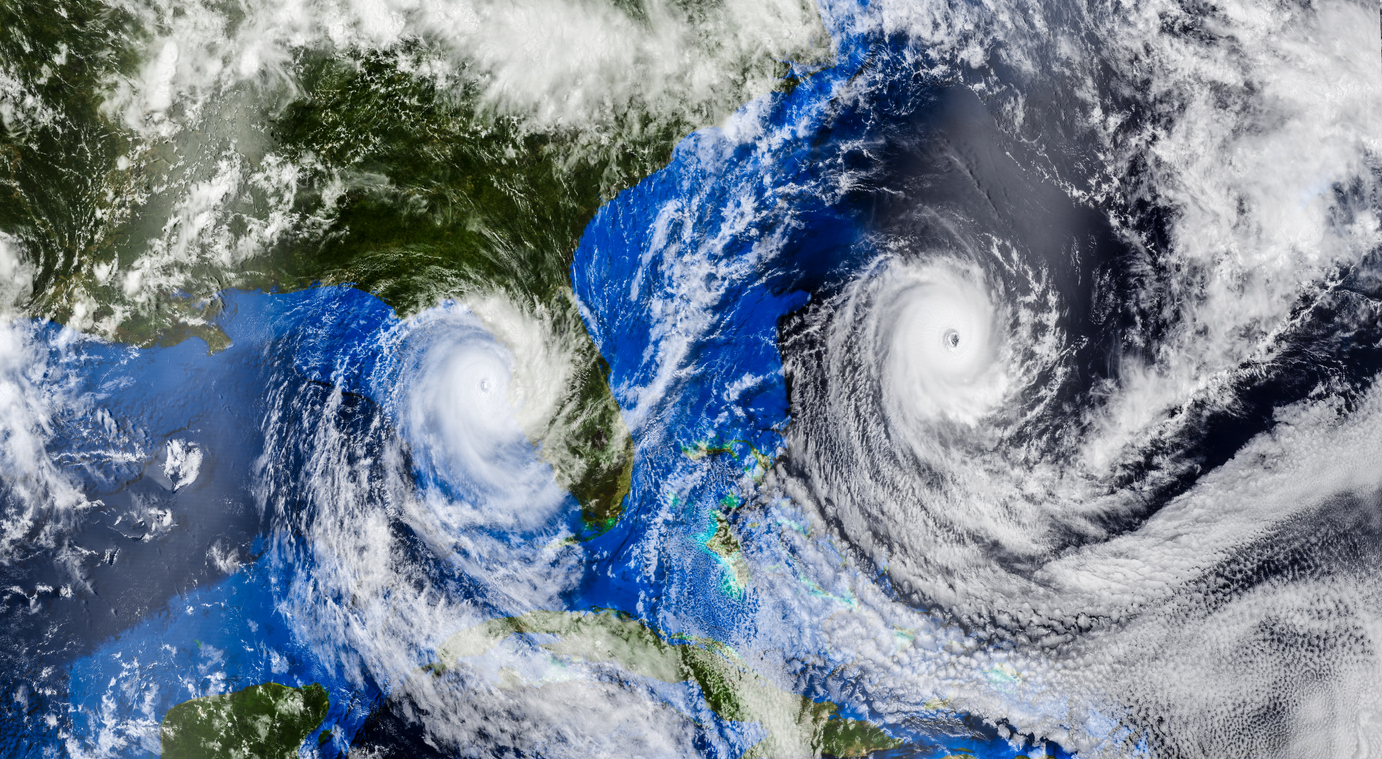
Is Your Client’s Marina Hurricane-Secure?
September 8, 2020
The Atlantic hurricane season is in full swing, with several named storms having already affected the United States coastline. Running from June to November, the 2020 season is predicted to be more active than average, necessitating preparation to prevent damage or loss of property. Marina owners along the Atlantic and Gulf coasts know how important hurricane preparation is; one Florida marina alone can be responsible for millions of dollars in vessels and equipment. Before the season continues, it is imperative that your clients take the steps needed to ensure their marinas are hurricane-secure to prevent the potentially devastating effects of hurricanes. Here’s how.
Facing the 2020 Atlantic Hurricane Season
Hurricanes threaten the American coastline every year. 2020 is predicted to be more active than normal; researchers at Colorado State University are predicting an above-average hurricane season in terms of activity. Eight storms are predicted to reach hurricane strength, and four of those are expected to reach Categories 3 to 5 on the Saffir-Simpson Hurricane Wind Scale. Already in the 2020 season, a massive hurricane – Category 4 Laura — has devastated the Texas-Louisiana coastline.
For the average Florida marina owner, or marina owners in coastal areas along the Atlantic and Gulf coasts, hurricanes represent significant risks to life and property. Preparation and making the marina hurricane-secure is the key to mitigating some of these risks.
Considerations for Marina Hurricane Preparation
The science of hurricanes is a combination of empirical evidence and estimation. Until a hurricane nears a given coastline, it is often unclear of where it will make landfall or how intense its effects may be. Preparation, then, must be proactive, taking into account the worst possible scenarios. Hurricane risks include:
- Safety of marina personnel and visitors
- Integrity of vessels moored or stored on marina properties
- Damage to structures in marinas, including docks, loading areas, and buildings
- Flood damage due to storm surges and wave activity
- Electrical damage and fires caused by wind or flooding
The first step in making a facility hurricane-secure is to develop an action plan. All stakeholders of a marina should be included in developing this plan; boat owners, facility managers, owners, and employees must be in alignment to ensure the plan works to mitigate risks. An action plan should include:
- Plans for storage and mooring of vessels on marina properties.
- Plans for evacuating vessels to inshore waterways, dry storage, or inland offsite locations.
- Plans for implementing preventative measures like disconnecting fuel and electrical services to marina properties.
- Plans for addressing specific marina emergency policies.
- Plans for training managers and employees on hurricane emergency procedures.
Securing Vessels Against Hurricanes
Vessel storage is perhaps the primary concern for Florida marina owners. Vessels in the care of marinas represent millions of dollars in value, and hurricanes are notorious for causing wind damage and flooding of watercraft. If boats can be trailered to a secure offsite location, this is the best way of addressing storage during storm activity. Unfortunately, not all boats can be trailered or stored out of the water. Vessels that remain moored on marina properties must be secured with multiple lines. Anchored vessels should be equipped with tandem anchoring systems at bow and stern. Vessels that are stored on land, such as for maintenance or long-term storage, can be secured to concrete land anchors or pad eyes embedded in concrete. This security step is a common site in the typical Florida marina, and has been used with success in numerous other locations. The U.S. Boat Owners’ Association has developed a hurricane preparedness guide to facilitate the securing of vessels in marinas.
Vessel owners should be directed to secure their own vessels, if possible. Preparation for storms must also include storing equipment found on vessel deck spaces, including furniture, personal watercraft, and barbecues. These items should be taken belowdecks or otherwise stored out of harm’s way.
Finally, in addition to training staff members on hurricane-secure preparation, communication is the key to success in any storm event. Marina owners must work directly with regulatory agencies, vessel owners, and utilities companies to ensure that preparation is adequate. Failure to do so can result in expensive insurance claims as well as the expenses associated with personal injury, property damage, or loss.
About Merrimac Marine Insurance
At Merrimac Marine, we are dedicated to providing insurance for the marine industry to protect your clients’ business and assets. For more information about our products and programs, contact our specialists today at (800) 681-1998.
